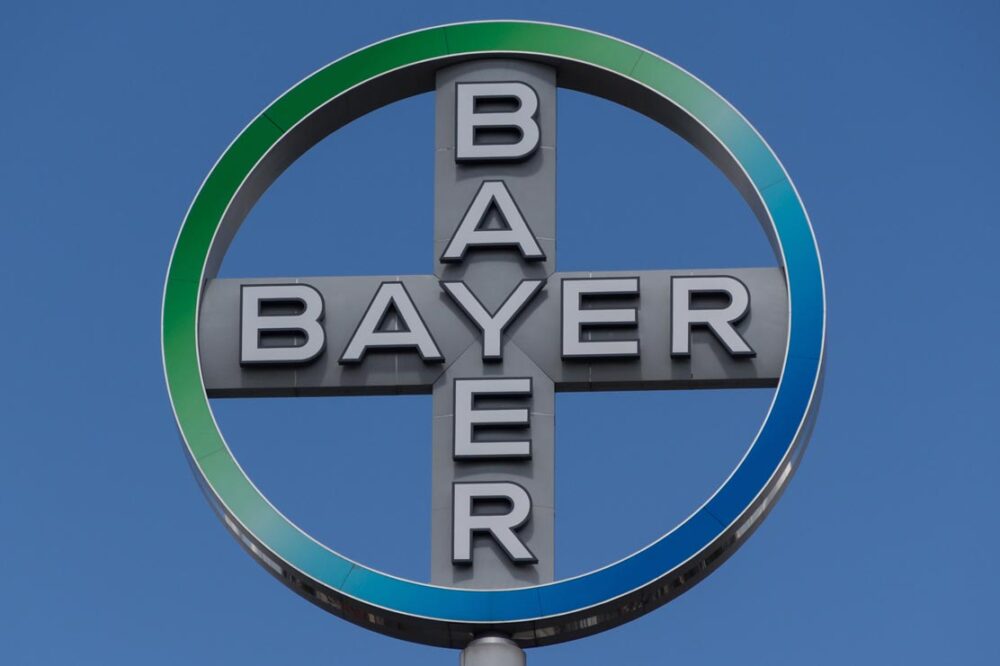Advertisment
Bayer submits application in China for third indication of darolutamide

Bayer has filed an application to the Center of Drug Evaluation (CDE) of China’s National Medical Products Administration (NMPA) for marketing authorization of the oral androgen receptor inhibitor (ARi) darolutamide for its use in combination with androgen deprivation therapy (ADT) in patients with metastatic hormone-sensitive prostate cancer (mHSPC). The compound is already approved in mHSPC, under the brand name Nubeqa, in combination with ADT and docetaxel in over 80 markets around the world, including China. The compound is also approved in combination with ADT for the treatment of patients with non-metastatic castration-resistant prostate cancer (nmCRPC) who are at high risk of developing metastatic disease in more than 85 countries around the world, including China.
Results from the Phase III ARANOTE trial, on which this new submission is based, showed that darolutamide plus ADT significantly reduced the risk of radiological progression or death by 46% compared to placebo plus ADT (HR 0.54 95% CI 0.41–0.71; P<0.0001) in patients with mHSPC. Consistent benefits in radiological progression-free survival (rPFS) were observed across prespecified subgroups, including patients with high- and low-volume mHSPC. Treatment-emergent adverse events (TEAEs) were low and similar between treatment groups and the safety analysis reconfirmed the established tolerability profile of darolutamide as observed in the ARAMIS and ARASENS trials.
The ARANOTE trial is a randomized, double-blind, placebo-controlled Phase III study designed to assess the efficacy and safety of darolutamide plus ADT in patients with mHSPC. 669 patients were randomized to receive 600 mg of darolutamide twice daily or matching placebo in addition to ADT. The primary endpoint of this study is rPFS, measured as time from randomization to date of first documented radiological progressive disease or death due to any cause, whichever occurs first. Secondary endpoints include overall survival (time to death from any cause), time to first castration resistant event, time to initiation of subsequent anti-cancer therapy, time to prostate-specific antigen (PSA) progression, PSA undetectable rates, time to pain progression, and safety assessments.
“With the rising incidence and mortality rates of prostate cancer in China, the prevalence of which is projected to exceed 161,000 cases by 2026, it is critical to recognize that each man’s journey with this disease is unique. In the face of this growing challenge, it is essential to offer diverse treatment options tailored to individual needs,” said Christine Roth, Executive Vice President, Global Product Strategy and Commercialization and Member of the Pharmaceuticals Leadership Team at Bayer. “Through this potential approval, we hope to be able to equip physicians in China with additional options to tailor treatment plans with or without chemotherapy.”





